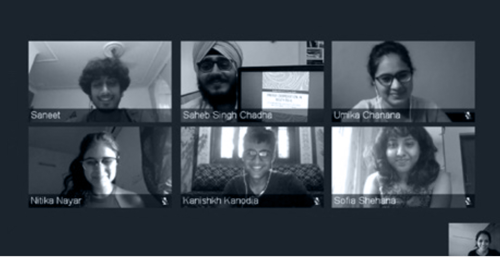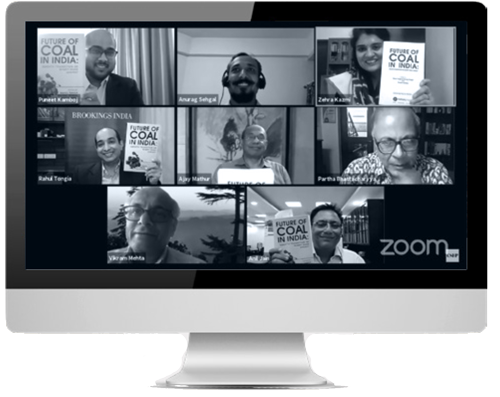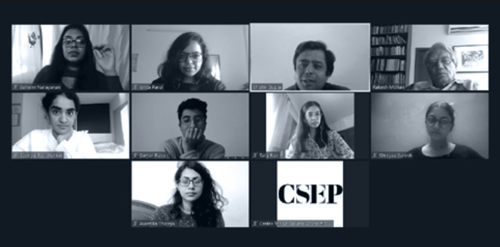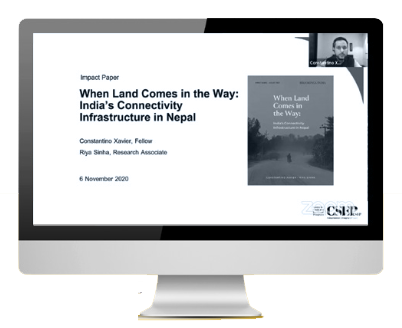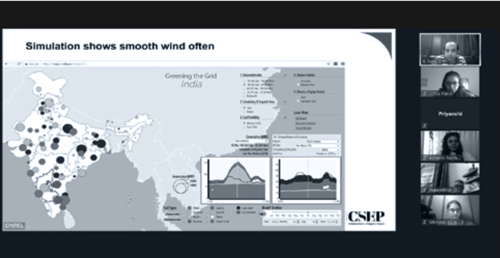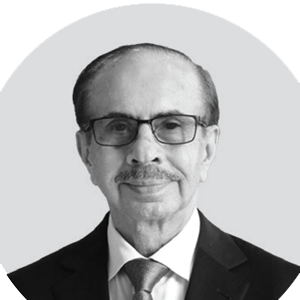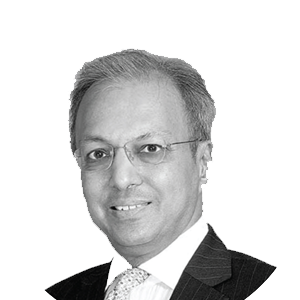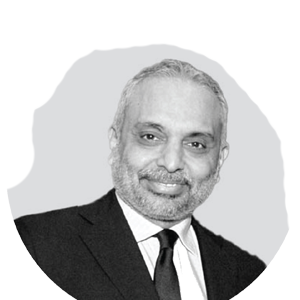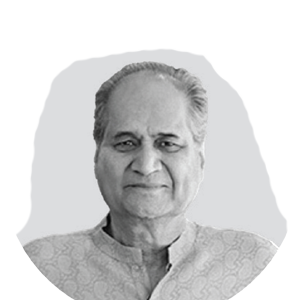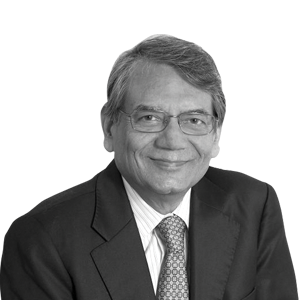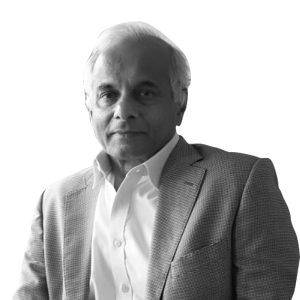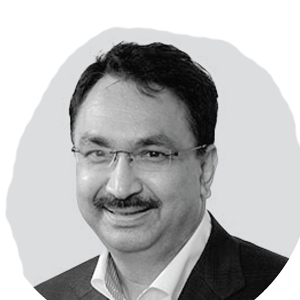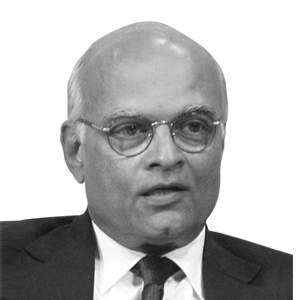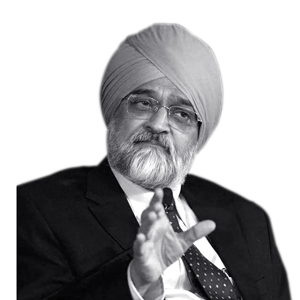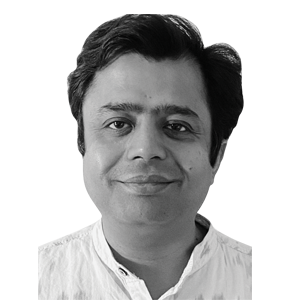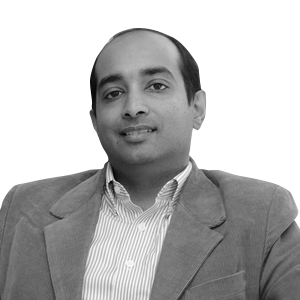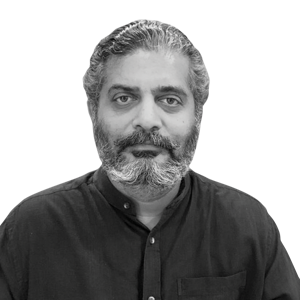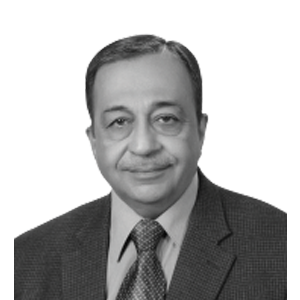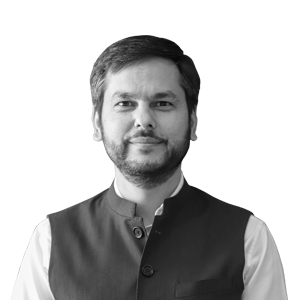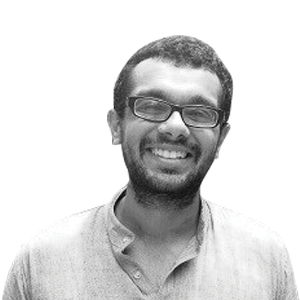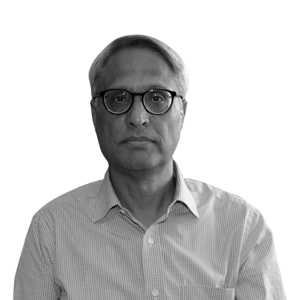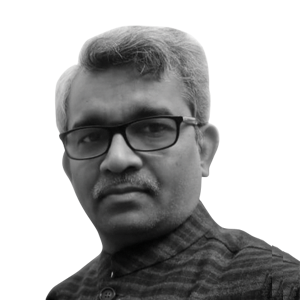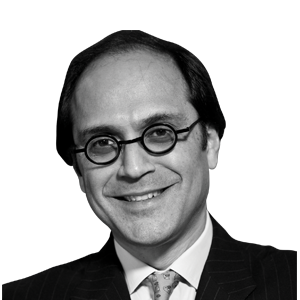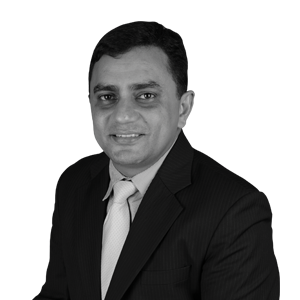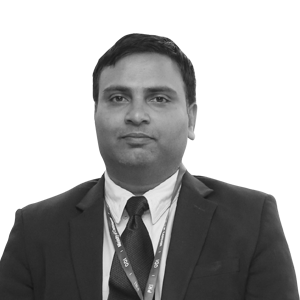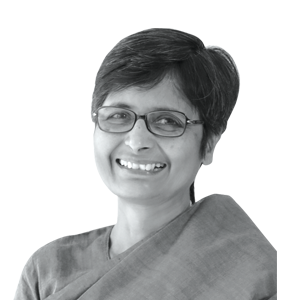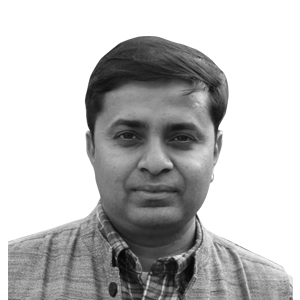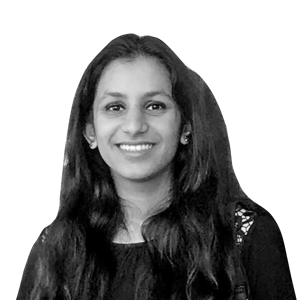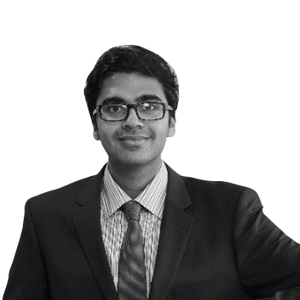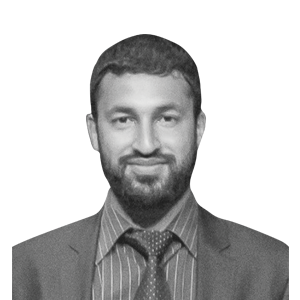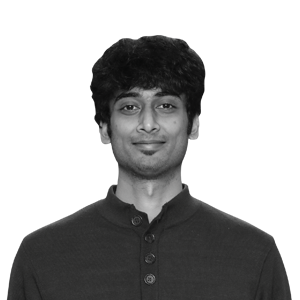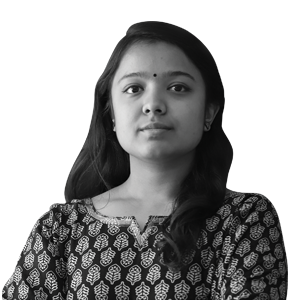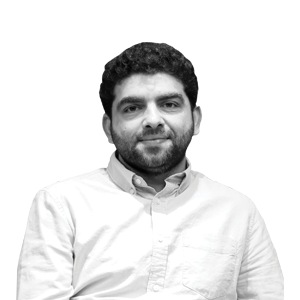I write this with a measure of great excitement as well as some trepidation. It is a matter of considerable privilege and opportunity to be invited to head the Centre for Social and Economic Progress as it succeeds Brookings India. As the country faces new global and domestic challenges in almost every sphere, we hope that policymaking will benefit greatly from think tanks that generate knowledge-based policy prescriptions that arise from rigorous research as well as practical experience. That is the task before us as we build on our pedigree of seven years as Brookings India.We benefited greatly from the overall umbrella of Brookings India, perhaps the most well-recognised global policy research institution. We’ve also benefited from the generosity of our Founding Circle members and funding from different foundations and other donors that has sustained the institution so far. We now have to chart out an independent path as we quickly go through accelerated adolescence into adulthood as a credible and dependable policy research institution whose motto is independence, impact and integrity.
How would we achieve this?
The key is to strengthen and expand a faculty of scholars who exhibit exceptional rigour and credibility. We are fortunate to have a group of globally recognised distinguished fellows who will provide guidance and thought leadership. Our research teams will be led by senior established research scholars and practitioners. The long-term sustainability of the institution will be ensured by the simultaneous induction of accomplished younger research scholars who have demonstrated degrees of excellence, and who can be expected to be our torchbearers in the future. And, finally, we will continue to host a flow of young budding researchers who will cut their professional teeth here as they acquire a taste for policy oriented research under the guidance of experienced mentors, before embarking on careers in both research and policy in the wider world. The byword in all we do must be excellence
New challenges in a new world
India, and the world at large, have gone through great stress over the last decade, since the outbreak of the North Atlantic Financial Crisis (NAFC) in 2008-09. This stress has been all-encompassing, affecting the global economy, generating new political faultlines within countries, and giving rise to geopolitical tensions that have made global problem solving much more difficult. After a relatively successful growth experience for about two decades since the economic reforms in the early 1990s, Indian economic growth has palpably slowed over the last decade. Just as the world was beginning to attain some normalcy, a decade after the NAFC, the outbreak of the Covid-19 pandemic has plunged the global community into an exceptional new crisis, whose nature and longer-term implications are still to be fully recognised. Certainly, India has been among the more affected countries.
What are the new challenges that the world and India now face?
It is imperative that we regenerate an accelerated and more inclusive economic growth path so that there is hope for the abolition of poverty in India in the foreseeable future. The growth achieved in the first decade of the century must be rekindled, albeit in the context of a more fractious global trade and economy. To be sustainable, a host of challenges need to be tackled simultaneously.
Among the key issues facing the country are the linked problems of fiscal and financial sector stability that have grown in recent years. The economic impact of the Covid-19 pandemic has intensified the existing stress. Sustained economic growth will not be feasible without adequate repair of the pillars of fiscal management at both the central and state levels. Similarly, the financial sector has been handicapped by rising, and unresolved, non-performing assets. The fiscal and financial sector issues are linked: hence we are launching significant research programmes in both areas that will include examining how the regulatory framework needs to be brought up to best practice international standards consistent with productive growth.
Unlike the past when the Centre played a key role in kick-starting reforms, going forward, the Centre and the States have to shoulder this responsibility together. CSEP is launching an initiative on ‘sub-national economic reforms’ to support the state and city governments in identifying and pushing reforms. It is widely recognised that India takes its own time in formulating and implementing reforms. One big part of this initiative is to compare and contrast India’s political economy of reforms compared to its peer countries and also across its different states.
Building a competitive, sustainable Indian economy
There is an ongoing energy transition globally from fossil fuels to renewable energy, and India remains at the centre of global attention. Previous models of energy generation, transmission and distribution are undergoing much more rapid change than had been envisaged. CSEP has had an intense program of research in this area of energy, natural resources and sustainability. We have addressed the issues of coal and gas comprehensively, culminating in two book-length publications. We are currently engaged in addressing issues related to the financial, social, and environmental sustainability of the existing power sector in India. We will strengthen our work in this area and provide timely policy directions based on our research
Climate change is a challenge that the world is facing on a collective basis. The possibility of a more cooperative multilateral approach has now risen with a President-elect in the United States who has already declared his intention to pursue policies that address this crucial issue. CSEP has decided to go beyond its work in energy towards an in-depth research program on climate change issues. Our objective is to help facilitate a cooperative global environment agenda through research that brings out the challenges and solutions for countries that have to balance objectives of economic growth, poverty reduction and sustainability. Therefore, our work will not only fill the long-standing gaps in this space but also catalyse greater research elsewhere.
The slowdown in economic growth over the last decade has mirrored the difficulties faced by Indian manufacturing in the face of increased global competition. Thus, industrial growth and goods exports have stagnated after having achieved record growth in the previous decade. . Economies of scale are necessary for firm competitiveness. India has a long way to go in this since India has a preponderance of low productivity tiny manufacturing firms, in contrast to other Asian countries. Robust manufacturing growth is not feasible without the emergence of good sized high productivity firms that are competitive in global markets, who can then reignite export growth. They are also essential for efficient import substituting growth in the domestic economy. The stagnation in industrial growth and manufacturing exports has also slowed overall employment growth. Utilising the demographic dividend that the country still enjoys over the next couple of decades requires building robust labour using manufacturing and corresponding labour skilling and redeployment. CSEP therefore plans to initiate a research program covering these key issues in manufacturing, trade, and employment generation.
Among the ingredients that are necessary for making the Indian economy competitive are the availability of infrastructure that promotes efficient logistics, and cities that are livable, well governed and hospitable for the promotion and growth of economic activities. CSEP plans to identify specific areas for research in these domains that may be helpful in providing practical and useful policy directions, while giving appropriate attention to the fiscal and financial constraints among others, that affect performance
A comparative review of the growth record of India within the context of Southeast and East Asia suggests that a primary policy failing has been inadequate outcomes in health and education, which have kept our human capital well behind the levels achieved in these countries. It is critically important that new policy directions are explored at the current time. Our view is that accelerated investment, delivery, and outcomes of health and education at all levels are key to addressing regional inequities and rebuilding sustained economic growth and employment. CSEP has already done considerable work on these subjects in the past few years and now contemplates new initiatives in these crucial areas.
India’s regional and global interests
The 2020 pandemic has accelerated several global trends, including an overall intensification of tensions in the global geopolitical sphere, the erosion of multilateralism, and an economic slowdown coupled with rising inequalities and the emergence of protectionist sentiment and policies. These pose significant challenges for India to pursue its regional and global interests while it seeks to expand its overall international influence. CSEP’s foreign policy and security programme has increasingly concentrated its attention on the immediate South Asia neighbourhood, giving particular attention to sub-regional connectivity in one of the world's least integrated regions. Under the Sambandh Initiative, our research will continue to focus on how India can correct the various economic, infrastructural and other connectivity gaps with its neighbours in the subcontinent and the Indian Ocean region.
In recognition of the rising economic and strategic profile of Asia, India had initiated a “Look East” policy as early as 1991 which has since been followed by all successive governments. It was strengthened in 2014 by transforming it into an “Act East Policy”. With the continuing rise of China in all spheres, economic, technological, and strategic, and the impressive progress of ASEAN and other Asian countries over the last few decades, India must further enhance its economic linkages to this region.
There is a need for a more research-based understanding of the region to assist our foreign policy efforts in this direction. While continuing its special focus on our immediate neighbourhood, CSEP expects to expand its foreign policy programme to encompass Asia as a whole. This constitutes an ambitious policy research programme, but one that is essential to pursue in the national interest.
My earnest hope is that we will be able to demonstrate our resolve to accomplish such an ambitious agenda in the years to come. All our efforts will be based on our core values of independence and integrity so that we can have demonstrable impact.
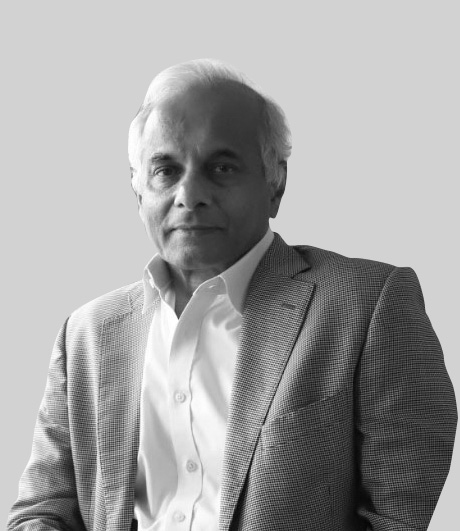
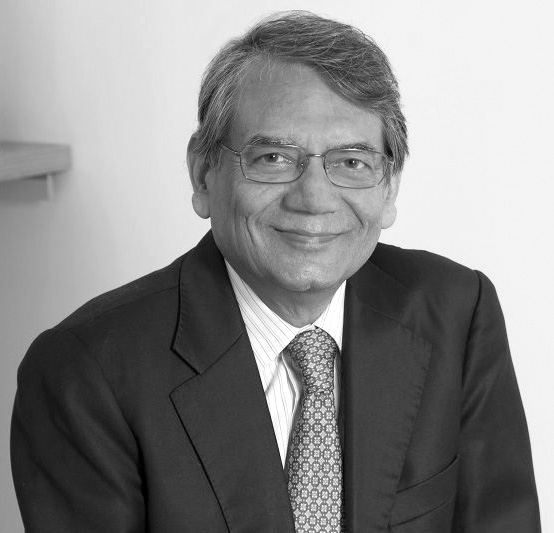
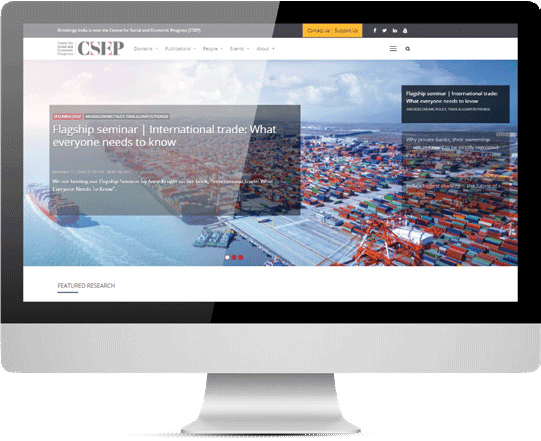
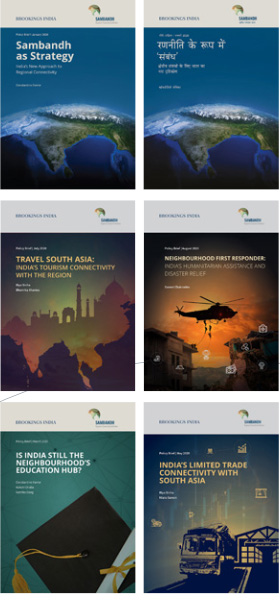 In February 2020, we launched the Sambandh: Regional Connectivity Initiative to conduct data-driven research to map India’s links with neighbouring countries, including Afghanistan, Bangladesh, Bhutan, Maldives, Myanmar, Nepal, Pakistan, and Sri Lanka. Driven by a holistic understanding of connectivity, Sambandh surveys India’s regional integration across socio-cultural, economic, environmental, political, and security indicators. The initiative is based on collaborative inputs from scholars and practitioners to offer empirical insights and recommendations for policymakers and other stakeholders invested in reconnecting India with South Asia, Bay of Bengal, and the Indo-Pacific.
In February 2020, we launched the Sambandh: Regional Connectivity Initiative to conduct data-driven research to map India’s links with neighbouring countries, including Afghanistan, Bangladesh, Bhutan, Maldives, Myanmar, Nepal, Pakistan, and Sri Lanka. Driven by a holistic understanding of connectivity, Sambandh surveys India’s regional integration across socio-cultural, economic, environmental, political, and security indicators. The initiative is based on collaborative inputs from scholars and practitioners to offer empirical insights and recommendations for policymakers and other stakeholders invested in reconnecting India with South Asia, Bay of Bengal, and the Indo-Pacific. “India finds itself in an increasingly dangerous world, one that is fragmenting and slowing down economically. It is a world in transition, one in which India’s adversaries-state or non-state, or both as in Pakistan’s case -are becoming increasingly powerful. If the external world is becoming more unpredictable and uncertain, so are internal politics and security in most of the powers. These are challenges that traditional institutions and state structures are not well-equipped to handle, mitigate, or solve. In this changing world, what are some of the basic and long-term drivers of India’s foreign policy which determine the overarching goal? What is India’s strategy to achieve those goals? What should India be doing?
“India finds itself in an increasingly dangerous world, one that is fragmenting and slowing down economically. It is a world in transition, one in which India’s adversaries-state or non-state, or both as in Pakistan’s case -are becoming increasingly powerful. If the external world is becoming more unpredictable and uncertain, so are internal politics and security in most of the powers. These are challenges that traditional institutions and state structures are not well-equipped to handle, mitigate, or solve. In this changing world, what are some of the basic and long-term drivers of India’s foreign policy which determine the overarching goal? What is India’s strategy to achieve those goals? What should India be doing?
